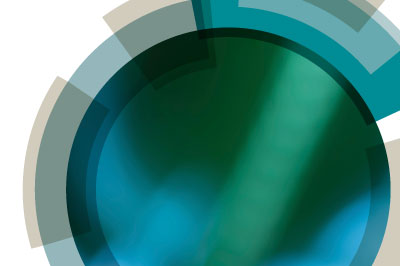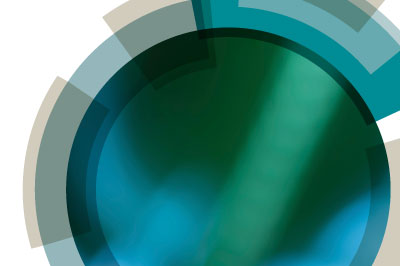This annual flagship event of the RSC Chemical Nanoscience and Nanotechnology (CNN) Interest Group will cover recent developments in fundamentals and applications of novel nanomaterials. The meeting will provide a forum for nanoscience and nanotechnology researchers to engage and exchange information, discuss challenges and build networks.
The symposium will consist of plenary lectures and invited talks, contributed presentations, and poster sessions covering a wide range of topics spanning the research area of nanoscience and nanotechnology. Nanoscience plays a key role in the development of advanced materials and is at the core of many emerging technologies for energy, environmental and health care applications. Example applications of nanomaterials include thermal catalysis, photocatalysis, electrocatalysis, solar fuels, batteries, photovoltaics, fuel cells, sensors, sustainability, biomaterials, and targeted drug delivery.
Registration fees
Registration includes dinner on day 1, lunch on day 2 and all refreshment breaks.
Early bird rates (deadline 30 November 2025)
RSC member = £120
Non-member = £180
Student RSC member = £60
Student (undergraduate / Masters / PhD) non-member = £100
Standard rates (before 31 December 2025)
RSC member = £160
Non-member = £220
Student RSC member = £90
Student (undergraduate / Masters / PhD) non-member = £130
There will be prices for talks and posters.
Financial SupportThe Interest Group are unfortunately unable to provide travel bursaries this year. However, attendees should consider their eligibility for support through RSC Accessibility Grants, Grants for Carers or Researcher Development and Travel Grants (details found on the Funding section of the RSC website).
If you need a visa to attend, please submit the abstract as early as you can.
The symposium will consist of plenary lectures and invited talks, contributed presentations, and poster sessions covering a wide range of topics spanning the research area of nanoscience and nanotechnology. Nanoscience plays a key role in the development of advanced materials and is at the core of many emerging technologies for energy, environmental and health care applications. Example applications of nanomaterials include thermal catalysis, photocatalysis, electrocatalysis, solar fuels, batteries, photovoltaics, fuel cells, sensors, sustainability, biomaterials, and targeted drug delivery.
Registration fees
Registration includes dinner on day 1, lunch on day 2 and all refreshment breaks.
Early bird rates (deadline 30 November 2025)
RSC member = £120
Non-member = £180
Student RSC member = £60
Student (undergraduate / Masters / PhD) non-member = £100
Standard rates (before 31 December 2025)
RSC member = £160
Non-member = £220
Student RSC member = £90
Student (undergraduate / Masters / PhD) non-member = £130
There will be prices for talks and posters.
Financial SupportThe Interest Group are unfortunately unable to provide travel bursaries this year. However, attendees should consider their eligibility for support through RSC Accessibility Grants, Grants for Carers or Researcher Development and Travel Grants (details found on the Funding section of the RSC website).
If you need a visa to attend, please submit the abstract as early as you can.










